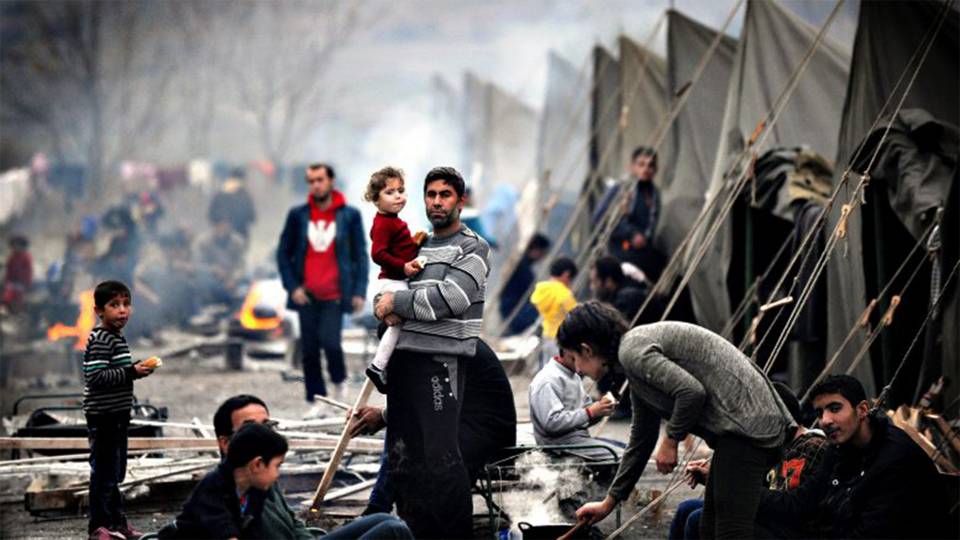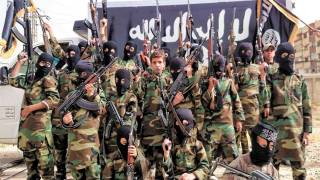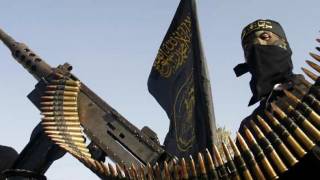Undercover Israeli Journalist Travels to Germany as Syrian Refugee to 'Join' Islamists
Prominent Israeli journalist Zvi Jecheskeli, who went undercover as a devout Muslim, has revealed how easy it may be for Islamists to pass through Germany's borders and become a "Syrian refugee.”
Jecheskeli spent several years risking his life to film a documentary on the role and influence of the Muslim Brotherhood in the streets of Germany, France, Britain and Turkey. While the organization is legal in some countries and has affiliated political parties, its outlawed as a terrorist group in others, including Russia, Saudi Arabia and Egypt.
Infiltrating the ranks of the Muslim Brotherhood is a challenge indeed, as the group is “known for its distrust” of outsiders, whom they would “never” allow a glimpse into their plans, Jecheskeli told Die Welt.
His five-part series, entitled “False Identity,” recently began airing on Israeli Channel 10. The Israeli intelligence service, Mossad, kept close taps on Jecheskeli and wired him with secret cameras and microphones in order to rescue him in case of emergency.
The challenge was to find out whether a Muslim fundamentalist can legally enter Germany and make contacts with fellow Islamists. For his daredevil tour, with the help of acting and retired Mossad agents, he transformed into Sheikh Khaled Abu Salaam, aka Abu Hamsa.
"I wanted to talk about the dangers that Europe is exposed to by radical Islam. I am not bound by the codes of political correctness and can openly speak the truth," Jecheskeli, Israel's best-known expert on the Arab world, told Die Welt.
In his investigation, the 47-year-old journalist, who speaks perfect Arabic, shows how easy it is for the Islamists to smuggle followers to Europe, the newspaper reported. "All you need to get asylum in Germany is a Syrian passport." And that proved to be as easy as pie.
After a tip-off from an intelligence officer, Jecheskeli first made contact with the Syrian community in Istanbul, where he quickly obtained a Syrian passport. The document is said to have cost him only $1,250 and looked "practically genuine."
Just a few days later, the journalist found himself at a facility for Syrian refugees in Berlin. Jecheskeli said none of the refugees he met there had any intention of integrating.
The journalist is lucky: the social worker he meets is a Palestinian, who emigrated to Germany from Gaza in 1978. After a couple of jokes about Palestinian President Mahmoud Abbas, Jecheskeli has all the necessary papers, is officially considered a refugee and entitled to social benefits.
"With Allah's help, you are starting a new, Islamic life here," the German social worker with Palestinian roots tells Jecheskeli while giving him advice on how to trick German authorities and bring his family to Europe.
"How do I bring my wife and children here?" Jecheskeli asks. "Actually, you have to wait three years," the man replies. If that’s too long, "just take them across the sea now," the social worker says, offering practical help with planning the illegal voyage.
According to Jecheskeli, Germany is in danger, but the journalist does not mean the threat of Islamist terrorism, according to Die Welt. "No one can really say what political Islam means to Europe," Jecheskeli told the newspaper. In his documentary series, he recalls sermons of Yusuf al-Qaradawi, a long-standing member of the Muslim Brotherhood.
"Islam will once again dominate the West and Europe," the Egyptian Islamic theologian promised.
More than a million migrants have entered Germany since the refugee crisis erupted in 2015, fueling strong anti-migrant sentiments and protests against German Chancellor Angela Merkel’s open-door policy. In October of last year, Merkel’s CDU and its Bavarian CSU sister party agreed to cap Germany’s intake of asylum seekers at 200,000 a year.
Vice Chancellor Sigmar Gabriel said in December that local communities should be appropriately paid for taking in refugees to reduce social tensions, adding that Germany is becoming “a land of desire” like the US was in the 19th century.






















